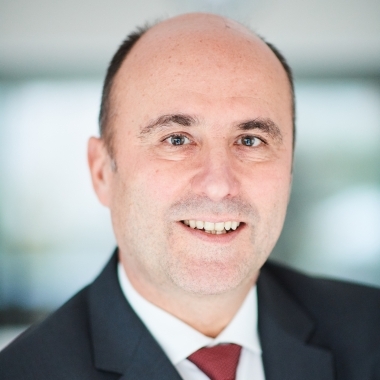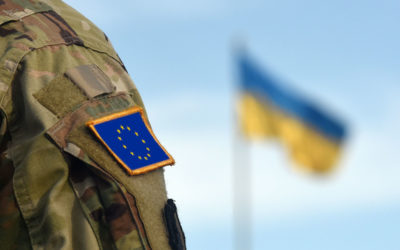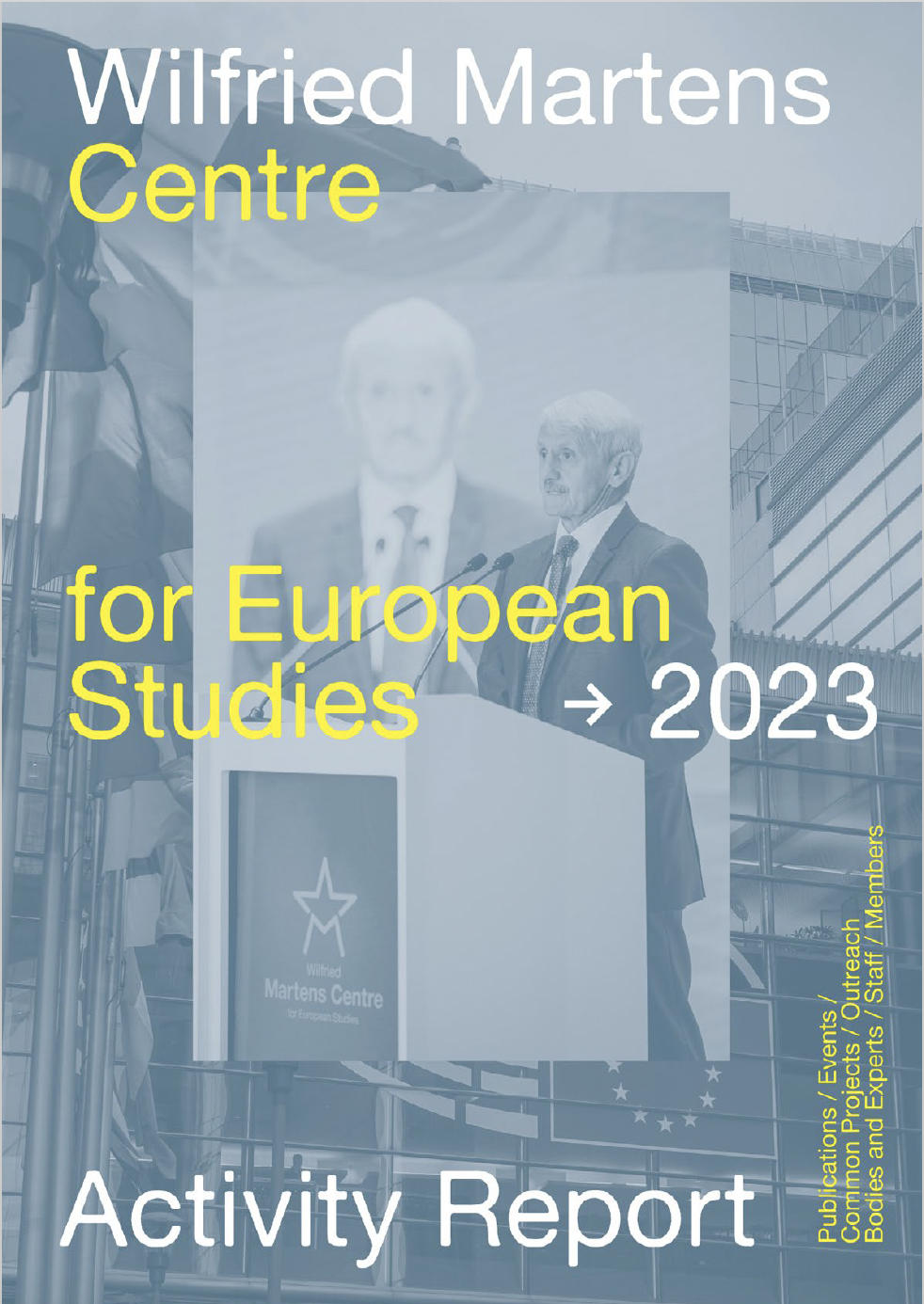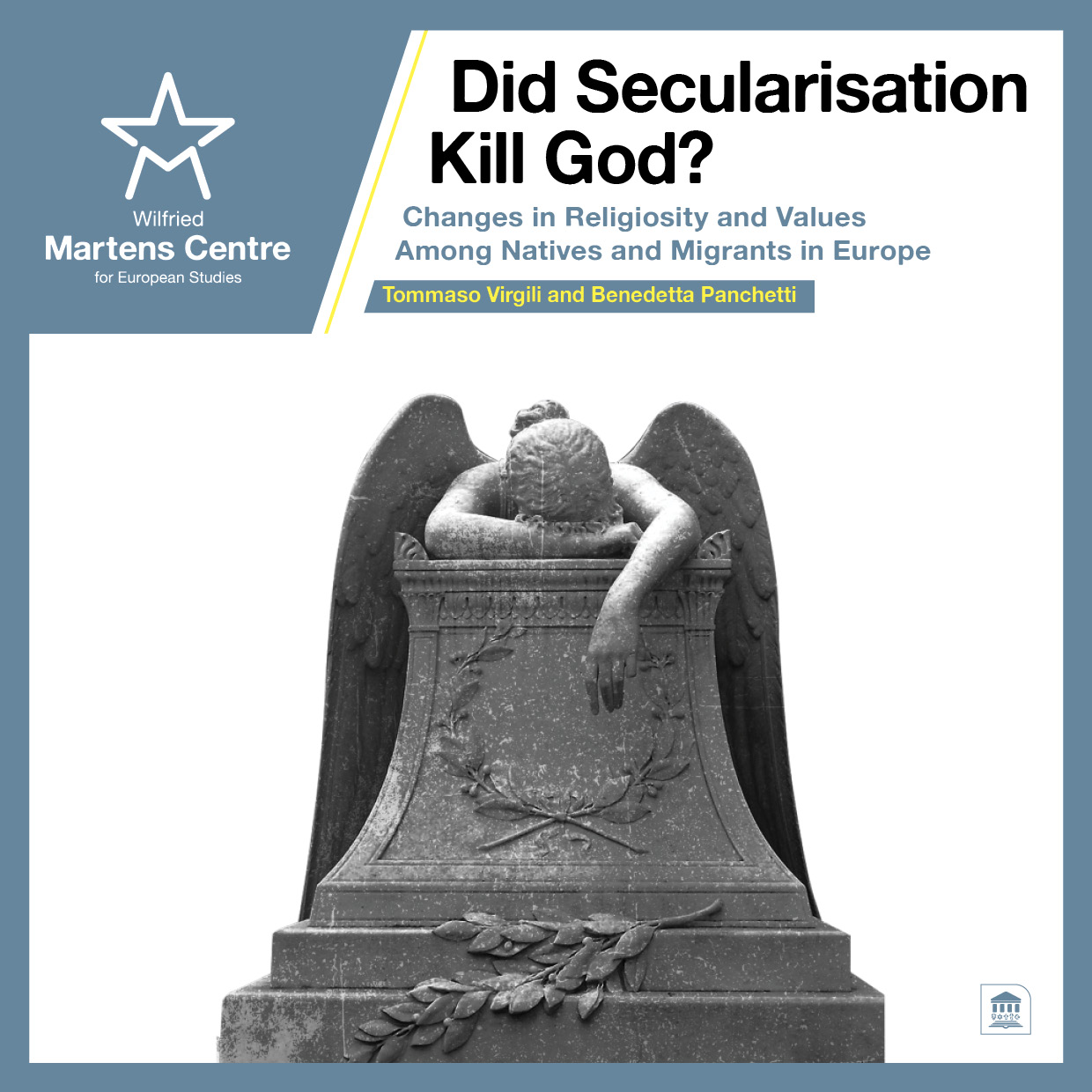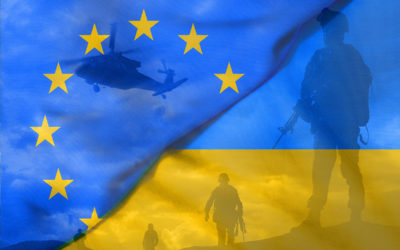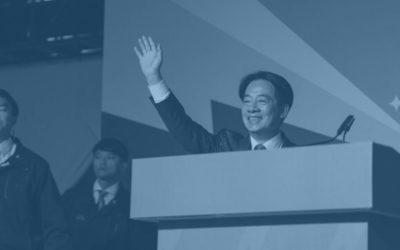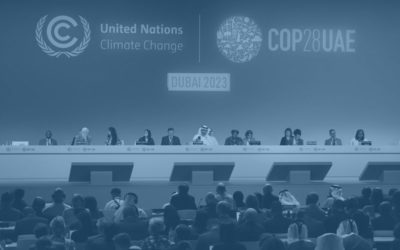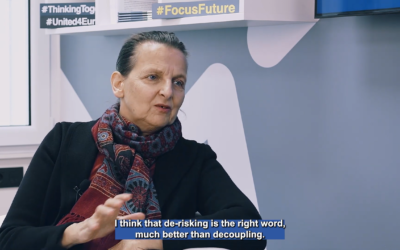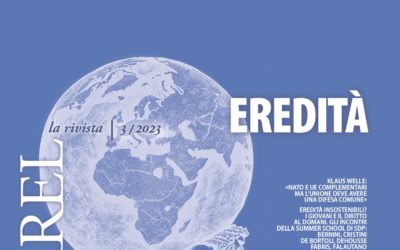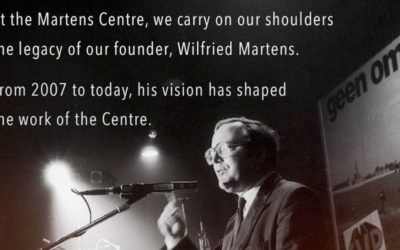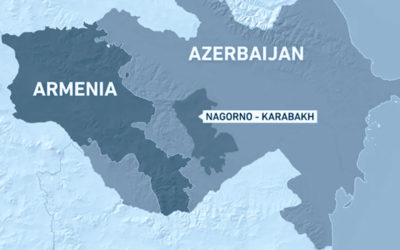A Clash of Cultures ? Refugees and the new East-West divide in the EU
17 December 2015
What we are going through now … will change our country. – Angela Merkel
We don’t want to change! – Viktor Orban
Just like previous crises, the one about the refugees has highlighted a deep split among member states of the European Union. The Euro crisis seemed to divide the Union into North and South. This one goes East-West. It could actually become the most destructive split we have seen since the Union enlarged to 25 in 2004. Mind you, it is an East-West rift only on the government level. The electoral successes of national populists such as Front National show that the picture is more complex. So does the fact that in Central Europe, parts of civil society valiantly fight back against their governments’ tendencies. And yet, the conflict is now largely perceived as East vs. West, new vs. old member states.
Why is this so significant? Because the Big Bang enlargement of 2004, and the two smaller ones 2007 and 2013, by taking in mostly former Iron Curtain countries, were the embodiment of a Europe Whole and Free. After the plus jamais la guerre entre nous (the prevention of war as the initial rationale for integration) of the 1950s, the year 1989 added a second grand narrative to European integration: The irreversible end of Europe’s postwar partition, and its firm anchoring in the West. This went along with the recognition that the essence of the West, and the optimal pattern for successful societies, were liberal democracy and the market economy – i.e. political and economic freedom, and their mutual dependence. This narrative of 1989 is now in jeopardy.
That is because the rift is not only about refugees and immigration. It is ultimately about the question of how we define Europe in the 21st century: Who do we want to be in 20 years? Will we be globalised, multi-ethnic and multi-religious, or closed, white and Christian? Are we defined more by (maybe all too dark) fears, or by (possibly too starry-eyed) hopes? And on that backdrop, a pattern is emerging in which the two sides also disagree about European integration, social norms, and the question of the type of democracy we should live in. None of these conflicts is really new, but thanks to the spat over refugees they have consolidated into a broad disagreement.
On Europe, one side advocates moving towards stronger competences for EU institutions (Parliament, Council, Commission) where it matters: bigger on the big things, smaller on the small things. Opposing this is a movement to rather re-nationalise central EU competences, or at least not allow any further transfer of powers to ‘Brussels’. On norms, we have, most prominently, the remarkable changes on LGBT rights in many member states – which are resisted by those who define them as West European moral imperialism. On democracy, we see a sharp division emerging between the proponents of liberal democracy, i.e. free elections plus checks and balances, independent media and strong civil society – and on the other hand, those of an ‘illiberal state’ where the majority rules but institutional limits to its power are considered as only helping the rich, the liberal elites or the political Left. The governments of Hungary and Poland are excellent examples of the latter tendency.
Like all meaningful political conflict, this here is ultimately about reality and about time. It is about who has their feet firmly on the ground of facts, and who lives in Lalaland. And it is about who is stuck in the past, and who owns the future. Consequently, Central Europe’s ultraconservatives and Western Europe’s national populists are regularly accused of living in a 19th or early 20th century mindset, and in denial of global facts, demographic necessities etc. Whereas West European governments and liberal elites in Central Europe are seen as stuck in the hippie dreams of the late 20th century, and in denial of the dangers of ‘anything goes’, the coming ‘migration of peoples’ and the decline of the West. So the rift is deep indeed.
But if such sizeable parts of governments, elites and public opinion cannot agree on a common narrative for Europe anymore, hence, if the narrative of 1989 is no longer valid, then Europe is in deep trouble. So how can we make a revamped European narrative majoritarian again? This will be a major task for the upcoming years. And I see it going to the Centre Right in a very broad definition – Liberals, Christian Democrats and moderate conservatives.
It must contain the universality of Human Rights and our commitment to human dignity – this is not negotiable. But regaining control of our borders is equally legitimate and in itself not to be confused with xenophobia. And: Europe will not be able to absorb all the suffering of the world. Liberal democracy is a form of government and not to be confused with liberal policies, and checks and balances are in no way negotiable. On European integration, subsidiarity should become the ruling principle: that includes referring some competences to national or regional levels, but increasing EU-level integration in defence, security and immigration policies, for example, because there is simply no progress on these topics for individual countries. Economic success will be key to regaining political majorities and weakening the extremes. And that means opening up, not closing ourselves in. It means fiscal consolidation (this is where the Left is useless) and constant modernisation. In immigration policy, we need to face up to the fact that we need immigration but we have to be in a better position to decide who actually joins us, and we have to become much more self-confident about the values that immigrants must accept if they want to be successful. What counts in 20 years is not how white or how Christian we’ll be but whether we’ll still be an open society. Much to learn here from North America and other immigration societies around the globe. Last but not least, a renewed commitment to the West as a globally attractive model, is necessary as well as possible.
All this is just a sketchy outline of what is needed. But what may well be the most important element in the new rift on what Europe is really all about, has to do with language and communication. Both sides, at least among governments and ruling political parties, must calm down and return to a more rational dialogue. No one in Europe should accuse someone else of belonging to a different century or living outside of reality. If we could achieve that in the upcoming months, it would be a good start.
[This text was written for the SAC Château Béla Central European Strategic Forum 2015]
ENJOYING THIS CONTENT?


